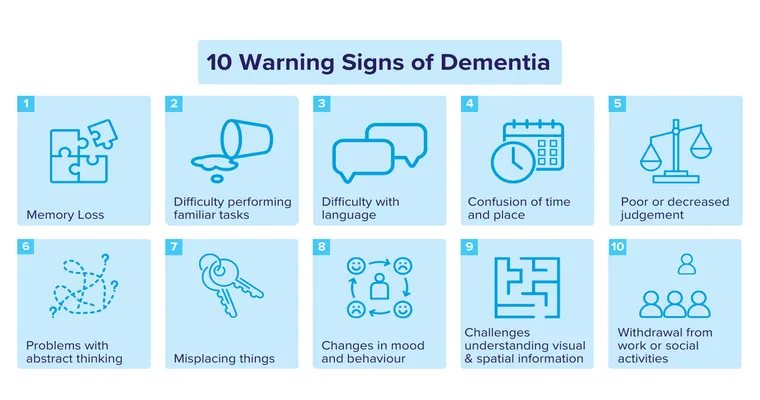As the population ages, the demand for "geriatric psychiatry services" has become increasingly important. These specialized services focus on the mental health needs of older adults, addressing conditions such as "depression", "anxiety", "dementia", and other cognitive disorders. Geriatric psychiatrists are uniquely trained to understand the complexities of mental health in the elderly and provide tailored interventions that can significantly improve the quality of life for seniors.
Understanding Geriatric Psychiatry
Geriatric psychiatry is a subspecialty of psychiatry that deals specifically with the mental health issues affecting older adults. With age, individuals may experience various psychological challenges that can stem from biological changes, chronic illnesses, medication side effects, or significant life changes such as loss of loved ones or decreased independence. The role of geriatric psychiatrists is to assess, diagnose, and treat these mental health conditions, ensuring that the approach is sensitive to the unique needs of older patients.
Common Conditions Treated
Geriatric psychiatry services address a range of mental health conditions, including:
"Depression": A prevalent issue among seniors, often exacerbated by health problems, social isolation, or major life transitions.
"Anxiety Disorders": Many older adults experience anxiety related to health concerns, financial stability, or changes in their living situation.
"Cognitive Decline": Conditions such as "Alzheimer's disease" and other forms of "dementia" require specialized assessment and management strategies.
"Substance Abuse": Older adults may struggle with substance abuse issues, often undiagnosed, leading to further complications.
Comprehensive Assessment
A key component of geriatric psychiatry services is the comprehensive assessment process. This involves a thorough evaluation of the patient’s mental, emotional, and physical health. Geriatric psychiatrists utilize various tools and techniques, such as interviews, cognitive tests, and medical history reviews, to develop a clear understanding of each patient’s condition. This holistic approach ensures that all factors affecting mental health are considered in the treatment plan.
Treatment Approaches
Treatment in geriatric psychiatry is multifaceted and can include:
"Psychotherapy": Tailored therapeutic approaches such as cognitive-behavioral therapy (CBT) or supportive therapy can help address emotional and psychological challenges.
"Medication Management": When necessary, geriatric psychiatrists prescribe medications to help manage symptoms of mental health disorders, paying special attention to potential interactions with other medications.
"Family Involvement": Engaging family members in the treatment process is crucial, as it helps build a support system for the elderly patient and enhances communication about their needs.
The Importance of Specialized Care
The aging population requires specialized care that addresses not only the psychological aspects but also the medical complexities associated with aging. Geriatric psychiatry services play a vital role in improving mental health outcomes for seniors. By focusing on this demographic, these services help to reduce stigma, improve access to care, and provide tailored interventions that can lead to better overall health and well-being.
Conclusion
In conclusion, "geriatric psychiatry services" are essential in addressing the unique mental health needs of older adults. By understanding the common conditions, conducting thorough assessments, and employing appropriate treatment strategies, geriatric psychiatrists can significantly enhance the quality of life for seniors. As the population continues to age, the importance of these specialized services will only grow, making it crucial for families and caregivers to seek help when mental health issues arise. Investing in geriatric psychiatry is an investment in the future well-being of our aging loved ones.





